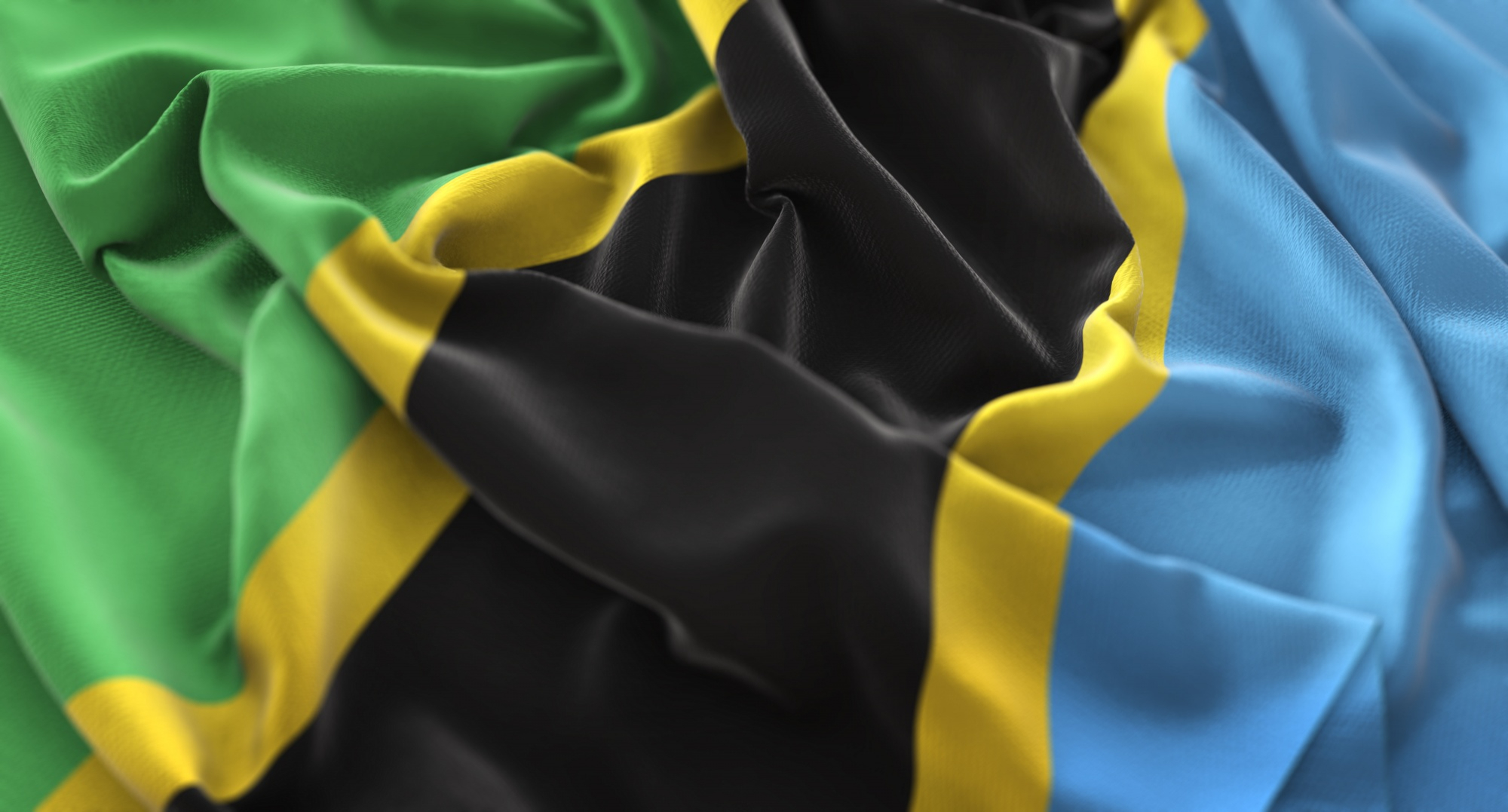The Most Effective Methods to Relax Your Body While Riding an Ebike

Do you use your ebike to commute to work? You’re not alone; according to a study by the National Institute for Transportation and Communities, 61 percent of people who regularly use bikes for transportation also use their ebike for recreation.
If you’re looking for ways to relax your body after a long day, here are some great tips!
Take a leisurely ride around your area:
Riding an ebike is a great way to relax your body. The ebike motor can take the strain out of pedaling uphill or going on longer rides, allowing you to enjoy the scenery and fresh air without worrying about tiring yourself out. If you have a longer ride in mind, you can explore new areas and get some exercise at the same time. Just be sure to dress appropriately for the weather and take breaks as needed. You can also use your ebike to relax your muscles after a workout.
Another great way to use your ebike for relaxation is by visiting a park or nature preserve. A short, easy ride will help to cool down your muscles and reduce any stiffness or soreness. So whether you’re looking for a way to unwind after a long day or you want to get some exercise without going too far, riding an ebike is a great option.
Pedal your bike to a favorite park and take in the beauty:
There’s nothing quite like pedaling to your favorite park and enjoying the scenery. It’s a great way to get some exercise and fresh air, and you can go at your own pace. If you want to go for a longer ride, you can explore new trails or parks. Just be sure to dress appropriately for the weather and take breaks as needed. You can also use your ebike to relax your muscles after a workout.
Whether you’re looking for a way to unwind after a long day or you want to get some exercise without going too far, riding an ebike is a great option. So get out there and enjoy the fresh air.
Head to the beach or river and go for a swim:
There’s nothing quite like a dip in the water to relax your body. If you live near the beach or a river, go for a swim! It’s a great way to cool down on a hot day and get some exercise. Just be sure to dress appropriately for the weather and take breaks as needed. You can also use your ebike to relax your muscles after a workout.
Whether you’re looking for a way to unwind after a long day or you want to get some exercise without going too far, riding an ebike is a great option. So head to the beach or river and enjoy the water. There’s no question that riding an ebike is a fantastic way to relax and spend some quality time with your friends or family.
Ride to the grocery store and pick up groceries:
If you need to pick up groceries, riding your ebike is a great option. It’s an easy way to get some exercise and fresh air, and you can go at your own pace. Just be sure to dress appropriately for the weather and take breaks as needed. You can also use your ebike to relax your muscles after a workout.
Whether you’re looking for a way to unwind after a long day or you want to get some exercise without going too far, riding an ebike is a great option. So head to the store and pick up your groceries. You’ll be glad you did!
Cruise through downtown and take in all the sights and sounds:
Taking a cruise through downtown on your ebike is a great way to relax and take in all the sights and sounds. You can ride at a leisurely pace, taking in all the sights and sounds of the city. The fresh air and exercise will help to clear your mind and relax your body.
If you find yourself getting stressed out, take a detour off the beaten path and explore some of the city’s hidden gems. Whether you’re riding through the park or down a quiet side street, exploring on your ebike is a great way to reduce stress and recharge.
Go for a bike ride with friends – it’s more fun that way:
One of the best ways to use your eskute ebike for relaxation is to go for a bike ride with friends. It’s a great way to get some exercise and fresh air, and you can chat and catch up as you ride. Just be sure to dress appropriately for the weather and take breaks as needed. You can also use your ebike to relax your muscles after a workout.
Conclusion:
E-bikes are a great way to relax, get some exercise, and explore your city. There are many different ways to use your ebike, so find the one that works best for you. And don’t forget to have fun!
No matter how you choose to use your ebike, it’s a great way to relax, get some exercise, and enjoy your time.
Read more for here






